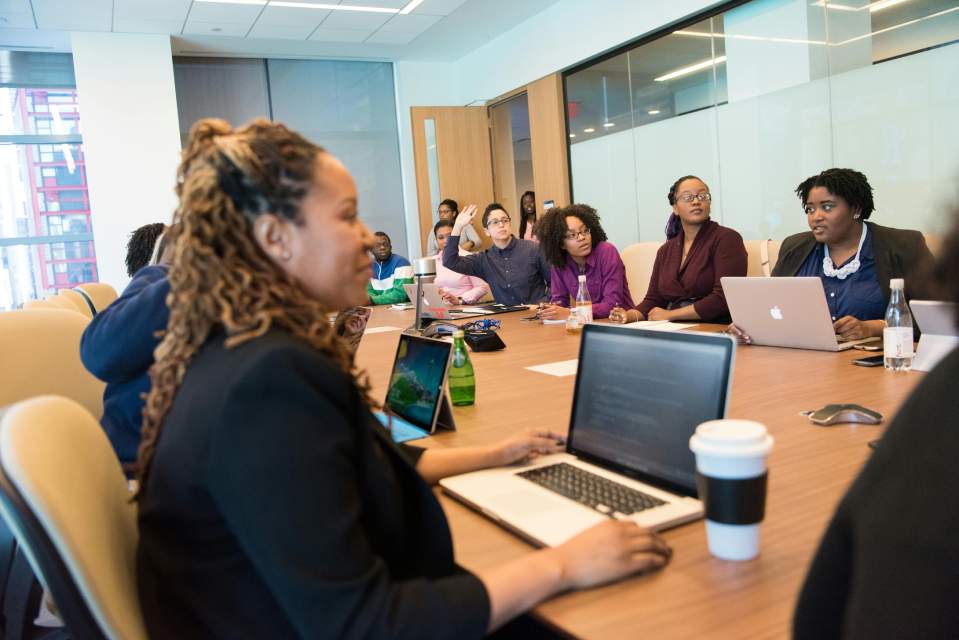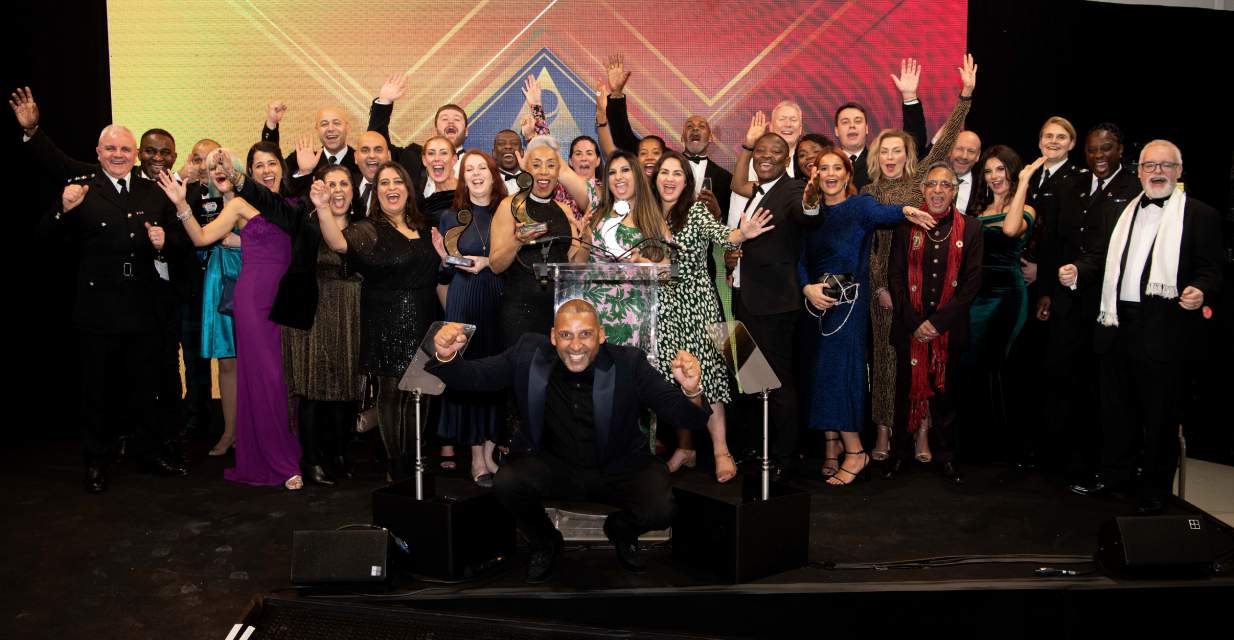The average Brit feels guilty for six hours and 36 minutes every week, a study has found. Researchers who polled 2,000 adults found guilt strikes on three occasions each week, with the feeling lingering for more than two hours each time.
Giving into a craving is the most common guilt trigger while not keeping in regular contact with relatives was a close second. Breaking a diet, not calling friends you’ve been meaning to, and accidentally being rude to someone also regularly leaves us feeling contrite. Other reasons for guilt include not tidying up, getting a taxi and getting a takeaway, along with gossiping, deliberate rudeness and not going to the gym.
The study, by Intrepid Travel, also found one in three turn guilt into a positive by learning from their mistakes.
Although only one in five said they immediately tried to make amends. Researchers also revealed many have bad habits which leave them feeling guilty, with swearing, eating chocolate, procrastinating and snoring among the most common. The good news is that despite regularly falling foul of society’s rules, almost half do try and ‘give something back’.
In fact, the average adult tries to make up for their mistakes around five times every week by donating to charity, helping the homeless or helping a family in need, leading to around 48 per cent claiming to have a clear conscience. But altruism doesn’t come so easily to everyone – in fact, nearly half admitted they could do more to give something back.
It also emerged Brits’ grapple with guilt, bad habits and trust stretched to their shopping habits too. More than one quarter said that over the last five years they have become more likely to purchase responsibly sourced goods. Similarly, 24 per cent said they are inclined to purchase from trustworthy companies. What’s more, when shopping for holidays and travel, more than one third said they ensured they always look for ways of travelling responsibly and guilt-free.
Tom Smith, Marketing Director for Intrepid Travel which carried out the research, said: “Our research shows people are changing their attitudes and finding ways to make up for their bad habits.
“Over the last five years consumer habits have changed and when it comes to picking a holiday, people are choosing an experience that will allow them to travel responsibly.
“Whether that’s ensuring that holidays help the local people and community, staying at hotels with green initiatives, or choosing a company that operates carbon-neutral trips, we are becoming more self-aware and are changing our perspectives.”
The research also revealed how Brits’ guilt varies by region, with those in the West Midlands confessing to feeling guilty for more than three hours a week. In comparison, those in the East Midlands feel the same for little more than half that time. Likewise, almost one in 10 adults in the West Midlands have felt guilty on someone else’s behalf – more than anywhere else in the UK. And when it comes to ‘giving something back’, Londoners and East Anglians do selfless deeds around four times each week – while those in Yorkshire are the most generous with an average of six acts of kindness.
Unsurprisingly, more than half of Londoners admitted they should make an effort to give something back more frequently in their lives – and 60 per cent of Yorkshire men and women said they had a clear conscience. Shopping habits were revealed to vary by region – 30 per cent of East Anglians said they have become more likely to purchase from trustworthy companies, but just 20 per cent of Scots said the same. Similarly, almost one third of those in East Anglia said they have become more likely to purchase responsibly sourced goods – compared to just 22 per cent of those in Northern Ireland. It was also found that those in Wales travel the most, an average of five times a year, while adults from Northern Ireland go away less than four times a year.









